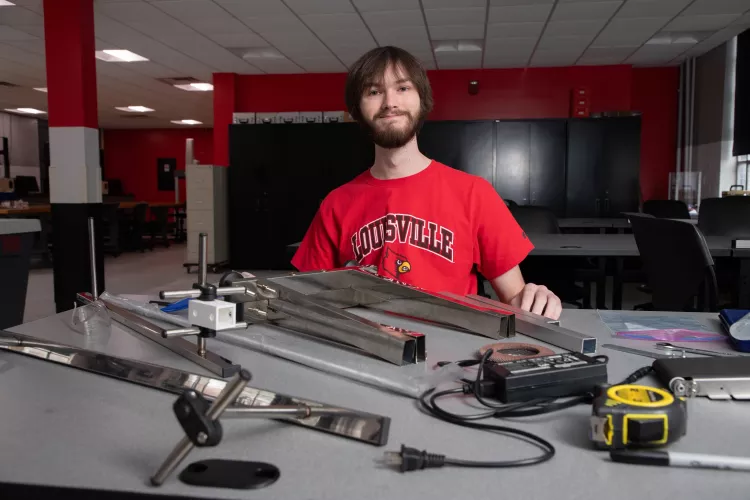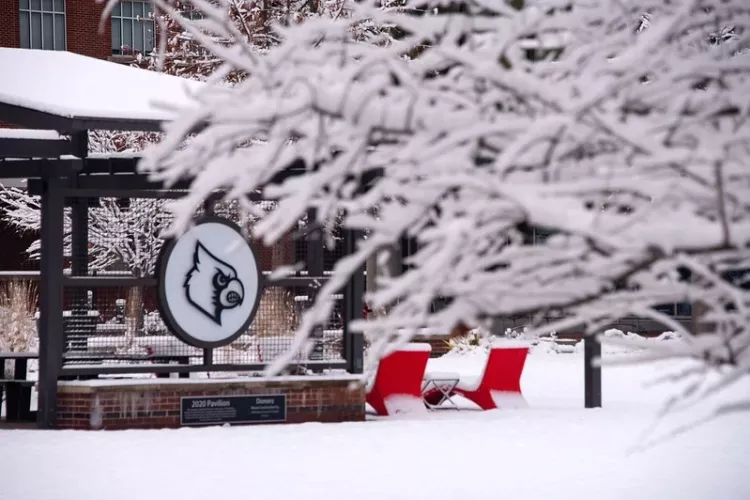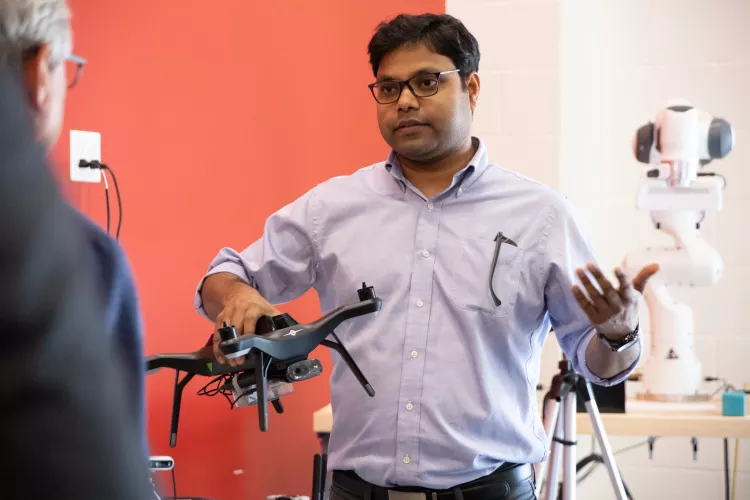Christina Lee Brown Envirome Institute awarded $11 million in new grants
October 2, 2024
Researchers in the Christina Lee Brown Envirome Institute have secured $11.27 million in new grants from the National Institutes of Health and the Department of Defense to fund projects related to cardiovascular health. The new funding will support work related to aging, peripheral artery disease, the impact of greening on health and Gulf War Illness.
- $2.4 million from the National Institute on Aging will support work by Bradford Hill to investigate how aging leads to reduced blood flow to the heart in older individuals. Hill will study these changes and how this dysfunction could be prevented or corrected. The work may lead to opportunities to prevent age-dependent decline in exercise capacity and promote healthy aging.
- $3.4 million from the National Heart Blood and Lung Institute was awarded for a clinical trial to test whether treatment with the nutritional supplement carnosine improves symptoms and progression in peripheral artery disease in which narrowing of arteries reduces blood flow to arms or legs. Aruni Bhatnagar, Shahid Baba and Amit Dwivedi will conduct the trial.
- $4.67 million from the National Institute of Environmental Health Sciences will support the Green Heart Louisville Project, which studies how an increase in the number of trees and shrubs affects heart health. The team, led by Bhatnagar, recently reported results from their work that began in 2018 in South Louisville. The new award will allow the team to continue to gather data on community health for the next five years as the planted trees continue to grow.
- $ 0.8 million from the Department of Defense was awarded to Daniel Conklin for a two-year project to investigate the role of inhaled agents in Gulf War Illness (GWI), a chronic condition affecting 25-32% of Gulf War veterans. GWI involves chronic pain, muscle fatigue, cognitive impairment, migraines and stroke. Conklin will investigate whether inhalation of volatile organic compounds and particulate matter from burning oil wells, burn pits, contaminated sand and chemical and biological weapons may have led to repeated local and systemic inflammation, causing the condition.
This most recent funding adds to the $11.6 in grants awarded to institute researchers announced earlier this year.
Betty Coffman is a communications coordinator focused on research and innovation at UofL. A UofL alumna and Louisville native, she served as a writer and editor for local and national publications and as an account services coordinator and copywriter for marketing and design firms prior to joining UofL’s Office of Communications and Marketing.



